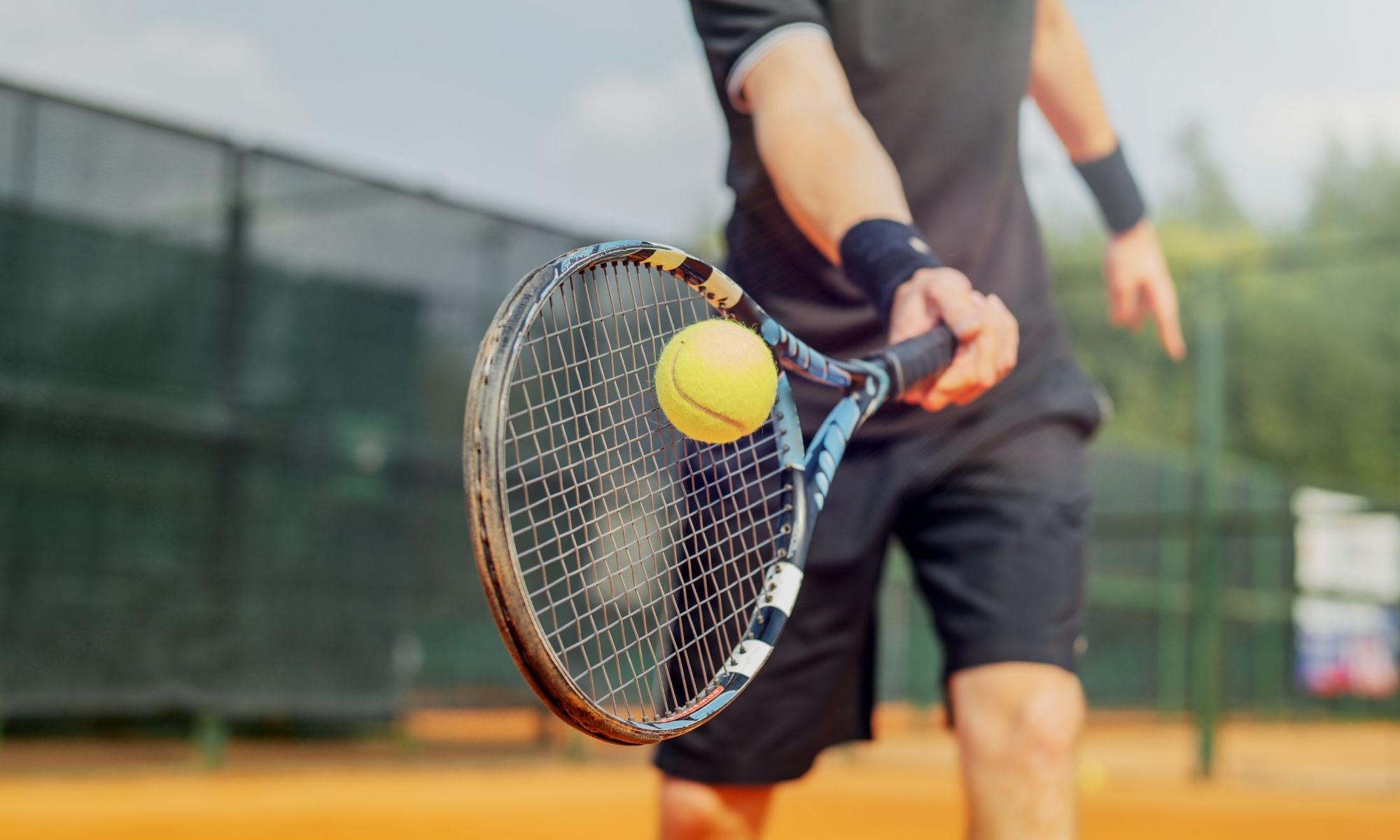
Tennis professionals don’t even make the sport look easy. You can hear how intense top-level play is. If you’ve just started playing tennis and are looking forward to long rallies, the learning curve can quickly get frustrating. Let’s tackle that all-important question for new players wondering if they’re making progress fast enough: how long does it take to get good at tennis?
Training Your Body
Tennis is exhausting and requires the right training and workouts. A large court means that players are constantly on the move, even during doubles play. As fun as long rallies can be, they will leave you exhausted afterwards.
Seeing measurable growth in tennis when it comes to how you physically play isn’t typically about how long you play; it’s more about how consistently you play. Try to get in at least one tennis match a week and three days of cardio exercise. Don’t forget recovery days, either.
Two ways to measure if you’ve improved your physical abilities include:
- You feel better overall during tennis matches and can return from breaks with more energy than before.
- You complete or are confident that you can complete a 5k run, as a 5k run typically has a similar number of steps as a doubles match.
Training Your Mind
One of the most grueling aspects of tennis for new players is training your brain to react on instinct and make those split-second decisions about available openings and shots. When you pair that with the physical training, developing a tennis-playing mindset and growing into a mentally powerful player can take average players nearly a year, if not longer.
Coaching, frequent practice, and varied play all expedite the learning process for new players, but it is important to know that dedicating more time to improving can cause burnout. Simply learning to serve effectively could be the entirety of your training for three months or more.
Incorporating New Techniques
When most players ask how long it takes to get good at tennis, they want to know how long it takes to learn the skill shots and incredible techniques that they see the experts use. If learning the tennis basics and developing the mind-body coordination to be effective at the game takes a year, it makes sense that it’s taken Serena Williams 35 years to get to the level of play she’s at now.
Making improvements to your gameplay once you have that foundation can happen at a snail’s pace. Developing new techniques relies on learning from your opponents, so the number of varied matches you play will determine how long it takes for you to improve.
If you enjoy tennis, the desire to get better quickly is unavoidable. Just keep in mind that the healthiest way to play the game is to know and respect your limits. Acknowledge the time and effort your role models put in to get to where they are, and be fair to yourself, no matter how slowly you improve.